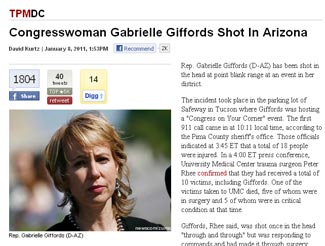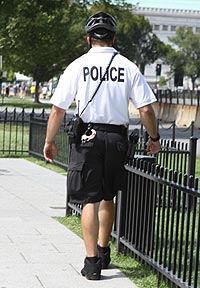 Social Network, The
Social Network, TheAaron Sorkin, adapted screenplay
This was definitely a Sorkin movie – the shotgun dialogue – but the director (David Fincher) really made the movie with interesting choices of cinematography and the non-linear plot (although that could have been Sorkin, as well).
I know of Facebook and some of the backstory, but I’m not really in a position to say how accurate it was. The tech parts were, for the most part, spot on (except that Zuckerberg had an AT keyboard. I don’t think so…).
Good watch, but not something I’ll watch again any time soon, if at all. I’ve seen it. That’s that.
I saw “The Social Network” today (review, right – One word review: “Meh”), and the two take-aways from the movie I saw were:
- Zuckerberg didn’t care about money; he just wanted his site to be cool, and
- Zuckerberg took Sean Parker’s advice, and didn’t take the easy money, but retained control and built the site out as he – not stockholders – wanted it to be.
(NOTE: That’s from the movie, not necessarily from reality.)
This resonated with me on a couple of levels: The current state of the internet is a lot like 1998 – the bubble is rising. And a lot of it is that people are pumping money into companies with no real due diligence, and it seems as though a lot of companies are being built to be purchased.
It’s all about the Benjamins.
The internet is getting closer to Wall Street than Main Street. On Wall Street, all they really do is figure out ways to make money. Period. No new products, no tools/devices to make life better – just schemes to make money. Use money in a novel way to make more money. To the nth degree.
While this is, to a (non-nth, let’s say) degree, fine (hey, “Greed is good,” right?), it causes problems when the banks/brokerage houses are suddenly the financial engines of the country, instead of GM, Ford, General Electric and so on. Ya know, companies that actually make something in addition to profits.
That’s why I gave GroupOn props for spurning Google’s buyout offer.
Much like Zuckerberg, GroupOn decided to stay true to its vision and not settle for a couple of pallets of cash. At the same time, part of both Zuckerberg’s and GroupOn’s equation is that no matter that offer is presented, it doesn’t come close to the potential valuation of either property. As of today, both companies have bet correctly.


 I was in DC this summer, and it had changed in so many ways since I was last in the district (over 30 years ago, granted).
I was in DC this summer, and it had changed in so many ways since I was last in the district (over 30 years ago, granted).